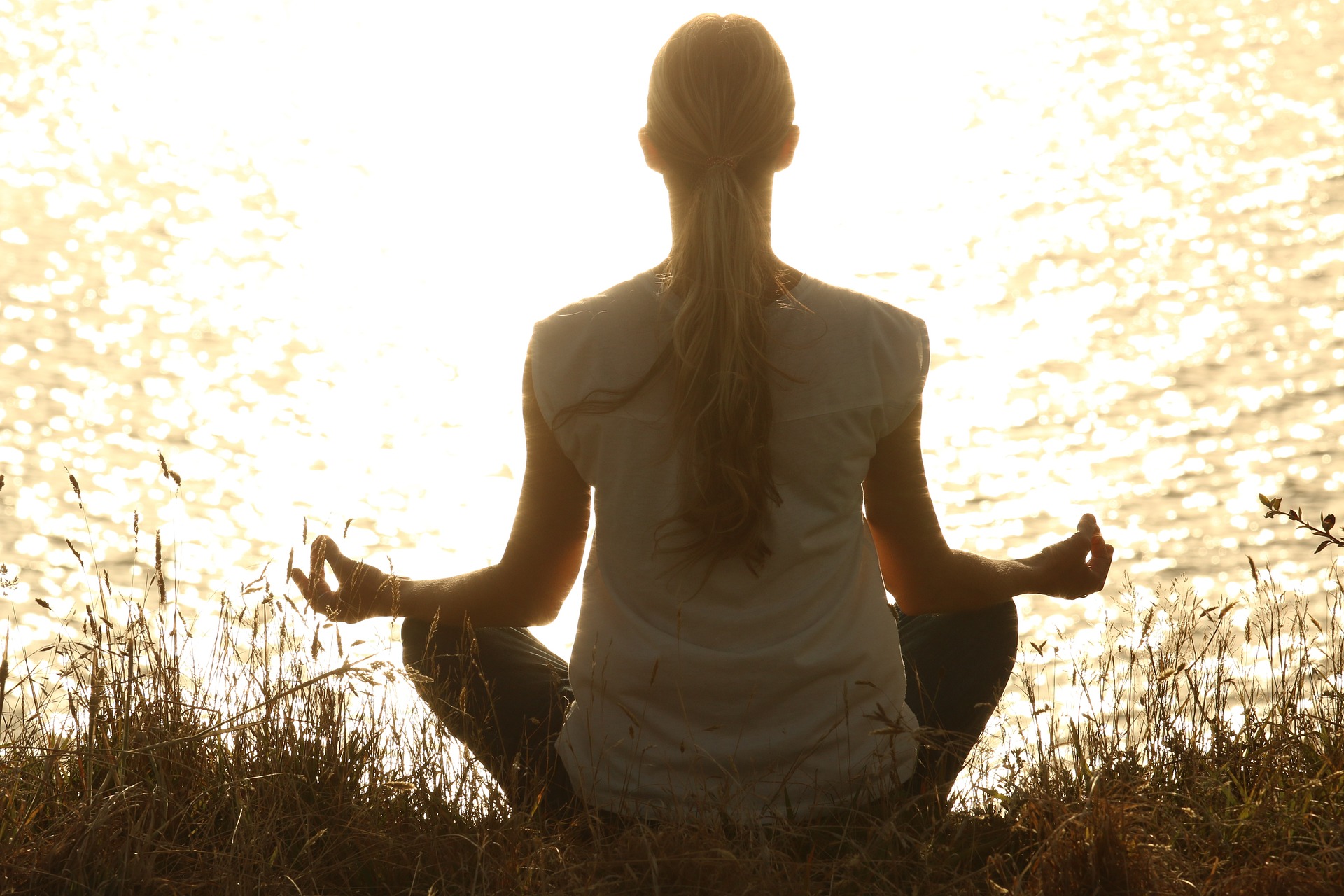You can’t see stress, but your body and mind know when it is present. Stress increases your heart rate, breathing, and blood pressure. Chronic stress can also cause the adrenal glands to overproduce cortisol, which may impair brain function and compromise the immune system, as well as trigger headaches, anxiety, and depression. Over the long term, these effects can result in heart disease and even cause premature death. While it is essential to identify and address the root causes of the traumatic stress in your life, you can begin to minimize its effects immediately. One of the easiest and most effective stress-relieving techniques is meditation, a process by which you focus your attention inward to achieve a state of relaxation.
People have been meditating for thousands of years, but scientific research regarding its health benefits is relatively recent. But the results of these studies are promising, proving that meditation can help treat anxiety, pain, and depression, rivaling the efficacy of antidepressants without the danger of addiction.
Meditation works by calming the sympathetic nervous system, which is responsible for increased heart rate, breathing, and blood pressure during times of stress. Yet many people will attest that meditating provides spiritual benefits as well – positively impacting creativity, intuition, and connection not only to our true selves but to our beliefs in the divine.
Forms of Meditation
Meditation is experienced in different ways by different people. You may choose to practice meditation in one of the following ways:
- Concentration meditation trains you to focus your mind and is the basis of all other forms of meditation.
- Heart-centered meditation calms and quiets the mind, switching awareness to the heart.
- Mindfulness meditation teaches you to view negative thoughts objectively to achieve and maintain a peaceful state.
- Tai chi and qigong combine physical exercise movements with breathing and focus.
- Transcendental Meditation techniques involve repeating a word, phrase, or sound to quiet your mind and obtain greater awareness.
- Walking meditation focuses on breathing in time with your footsteps.
While prayer and meditation are considered different disciplines, people of faith often report that they experience significant peace, contentment, and relief from stress when they pray. This is because prayer, by its nature, releases fear and worry to a higher power outside oneself. (Read more about Prayer here.)
Getting Started
Meditation requires no special equipment, and this simplicity makes it an easy addition to one’s daily routine. All that is needed is a quiet place and a few minutes to spare. Experts recommend choosing the same time every day (mornings are best) to spend 5 minutes and create a habit.
- Create a space to meditate and include candles, flowers, a religious symbol, or essential oils – whatever helps you focus.
- Sit comfortably with your back straight.
- Close your eyes, or focus your gaze.
- Begin to breathe gently, deeply, and slowly.
Experts maintain that just 5 minutes of daily meditation can affect your stress levels and mood within two weeks.
When You Need More than Meditation
Meditation and prayer are both excellent tools to bring peace to your daily life, as well as to combat stress. However, if you are experiencing depression, overwhelming anxiety, or feelings of profound sadness, you may be dealing with trauma – and it is best to seek help. A compassionate mental health practitioner can help you to determine the root cause of your feelings so that you can begin to truly heal. Denise Schonwald is a nationally certified mental health counselor and coach who is committed to respecting your spiritual or religious beliefs and incorporating them into your treatment. Call today to set up a consultation and learn more.

